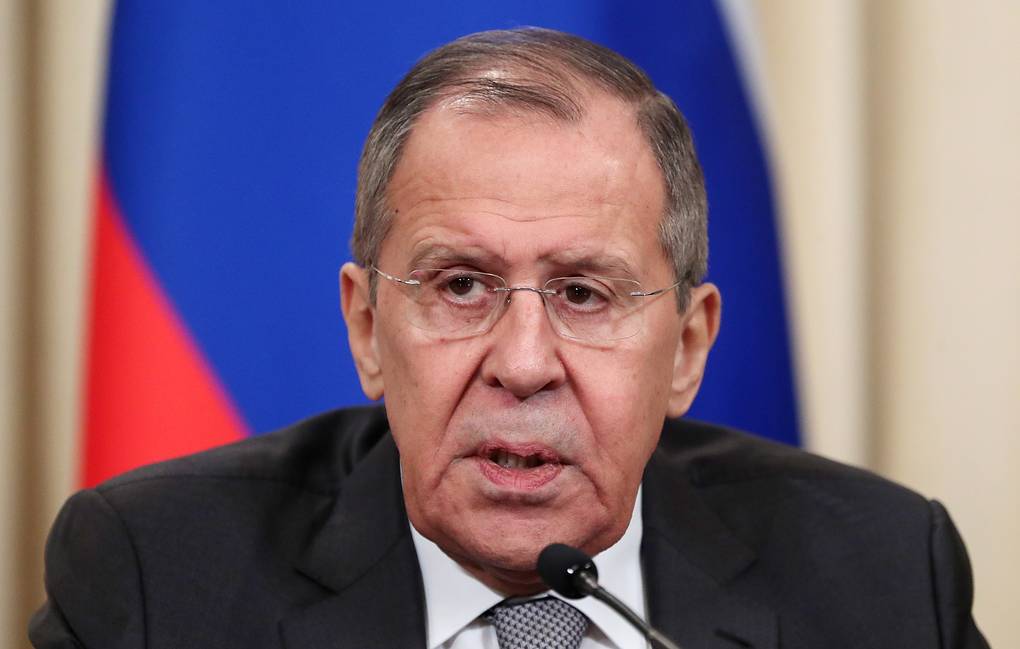Russian foreign minister Sergey Lavrov said against the backdrop of the India-China border standoff that the western powers have adopted an “aggressive and devious” policy to engage India “in anti-China games by promoting Indo-Pacific strategies.”
Lavrov also accused Western powers of trying to undermine Russia’s “close partnership and privileged relations with India”. The comments were made during the general meeting of the state-run think tank Russian International Affairs Council on Tuesday. They reflect Moscow’s traditional suspicion of the Indo-Pacific concept. The remarks are also significant as Russia has been nudging India and China to resolve the border standoff in the Ladakh region.
Criticizing Western and European powers for their “notorious concept” of a rules-based order and use of sanctions for alleged chemical and cyber-hacking violations, Lavrov said that such moves are made without the involvement of global bodies under the UN.
He accused Western powers of unilaterally presenting their positions and initiatives to the world as the “only correct ones”. Lavrov also said that Russia is convinced it is better to work within global organizations despite existing differences. The West is also trying to restore the unipolar world order but poles such as “Russia and China are unlikely to be subordinate to it”.
Lavrov said, “However, India is currently an object of the Western countries’ persistent, aggressive and devious policy as they are trying to engage it in anti-China games by promoting Indo-Pacific strategies, the so-called ‘Quad’ while at the same time, the West is attempting to undermine our close partnership and privileged relations with India.”
This is also the goal of “very tough pressure” from the US on India in the missile technology control (MTC) area, he said, without giving details.
In the context of the allegations over the MTC regime, Lavrov was apparently pointing to the US threat of imposing sanctions on India under the Countering America’s Adversaries Through Sanctions Act (CAATSA) for the $5.4-billion deal with Russia for S-400 air defence systems.
Russia, he said, will promote a unifying agenda and the G20 is the “only mechanism outside the UN Security Council where it is still possible to come to terms based on a balance of interests”. This is because the G20 represents the G7 and Brazil-Russia-India-China-
Russia has attempted several times in recent months to push India and China towards a negotiated settlement of the border standoff. In September, Russia using the backdrop of its stable relations with China, had hosted in-person meetings of the foreign and defence ministers of the Shanghai Cooperation Organisation (SCO) that had facilitated meetings of the Indian and Chinese ministers.





